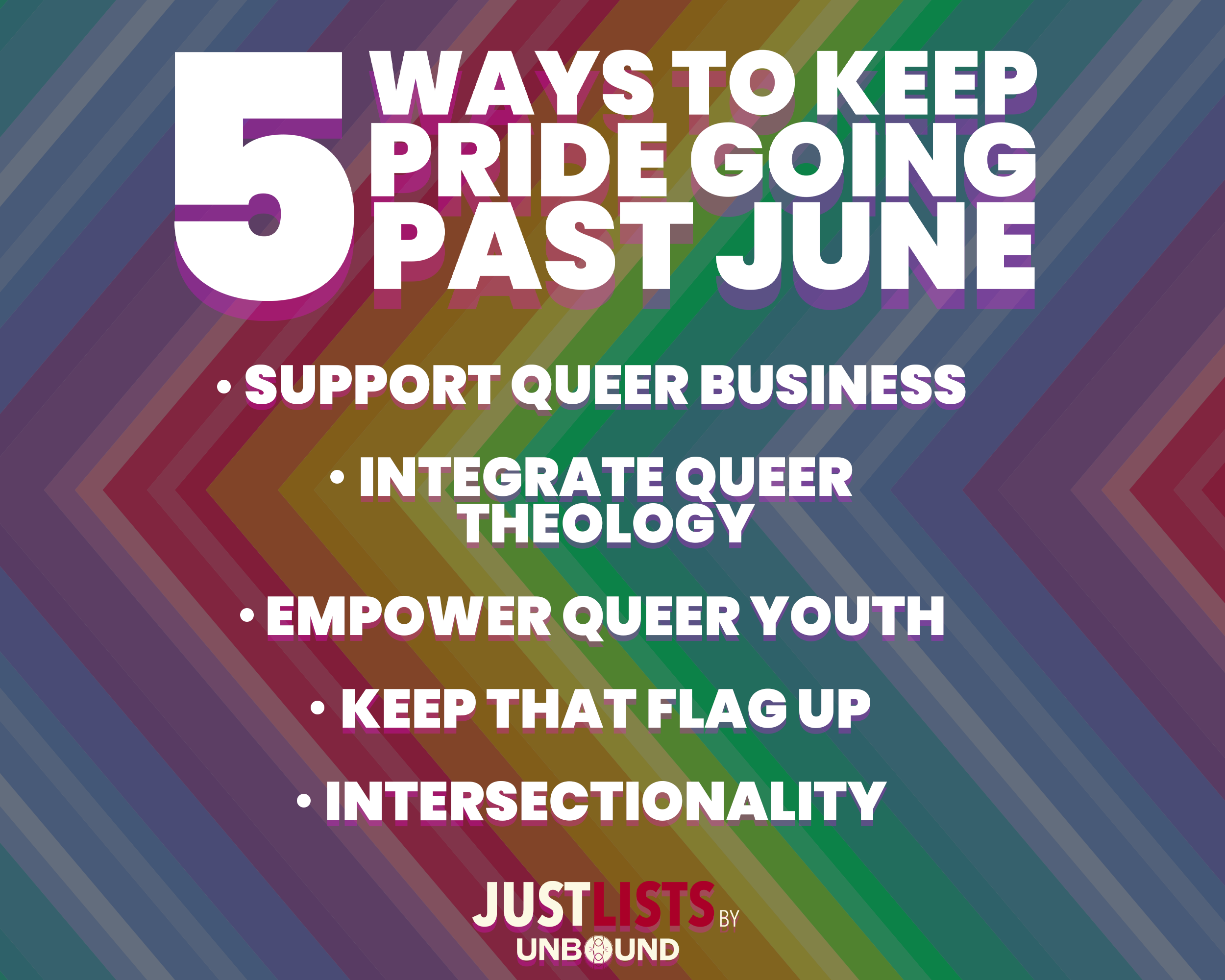Abstract
Mark’s pericope of the anointing woman (Mark 14:3-9) provides a poignant model of cisgender allyship to the transgender community. The anointing woman shows extravagant care to Jesus as a demonstration of the value of his body and as an acknowledgment of the painful transition he is about to endure. Jesus’ impending suffering parallels the degradation trans people often experience when navigating the healthcare system, but just as the woman anoints Jesus as a way of validating Jesus’ worth and humanity, so allies can provide care to trans people to validate their worth and humanity. Jesus praises the woman and says her act of service will be remembered, just as trans people whose lives have been impacted by caring allies never forget those who have cared for them.
Bodies can be a difficult subject for transgender people, and caring for a body that does not feel like one’s own is often a struggle. Mark’s description of the woman who anoints Jesus offers a beautiful example of an ally caring for the body of someone about to undergo a painful but necessary transition.
The story of the anointing woman takes place immediately after the chief priests and the scribes plot to kill Jesus (14:1-2), and just before his last meal with his disciples. Mark 14:3 locates Jesus in the house of Simon at Bethany, where he reclines at table. As he eats, a woman comes to him and upon his head pours spikenard, an extremely expensive ointment.[1] This action prompts the other dinner guests to criticize the woman for “waste” of the perfume that, they suggest, could have been sold in order to give money to the poor (14:5). Jesus defends the woman by saying that she has “performed a good service” (14:6) and that she has anointed his body in preparation for burial (14:8).
The woman’s gift is a luxurious offering that attends to Jesus’s body in a way that acknowledges its painful but necessary transition following the Last Supper (Mark 14), though she does not seem to fully understand what will take place. According to Jesus (since the woman is silent in the narrative), she is anointing him for his burial in acknowledgment of his death. Jesus, however, knows that through the pain and death he will transition from the broken body he represented with the bread of the last supper (14:22) into a resurrected body that reveals his divine identity. There will be new life and a new body for Jesus, but first he will endure betrayal, humiliation, degradation, and agony. The anointing offers him an experience of kindness and luxurious care for his body and Jesus so deeply appreciates this action that he offers “his longest and most positive pronouncement on the words or deeds of any character in the Gospel.”[2]
Transgender people often struggle to care for their bodies because of gender dysphoria, “distress arising from a sense of mismatch, or incongruence, that one may have about one’s experienced gender versus one’s assigned gender.”[3] When basic care such as bathing or clothing feels painful for so many trans people because of the discomfort of looking at one’s own body, particularly prior to physical transition, luxury, something that a trans person may think their body does not deserve or something that may attract too much attention to their body, feels out of the question. Trans people need allies like the woman in Mark 14 who acknowledge the painful yet necessary nature of the transition, while also honoring their pre-transition bodies. Joelle, a trans woman, describes her experience of being taken by an ally to get her make up and eyebrows done. Even though she describes herself as “far from passable,” when she needed to use the restroom, the beautician directed her to the women’s restroom.[4] Through these acts of allyship, Joelle felt acknowledged and cared for, even though a makeover might be seen as extravagant.
My colleague and friend, Adrian, has also experienced the power of an ally’s kindness. A friend asked them to be a wedding attendant when they were just beginning their process of coming out as non-binary. Their friend came to them unprompted, told them not worry about wearing a dress, and said that she would help them find something more comfortable to wear that would match the group. Adrian did not ask for this kindness, and the acknowledgment of potential discomfort made them feel “totally seen and respected in a way that was unexpected and transformative.”[5]
Just as the woman’s anointing shows the value of Jesus’s body in the face of the impending pain, the kindness of an ally can be restorative in the face of the often degrading and painful experience of physically transitioning. For many transgender people, gender-affirming surgery can be uncomfortable and the process of preparing for surgery can greatly increase a person’s gender dysphoria. The poking, prodding, and invasive questions of doctors can be dehumanizing, and the actual surgery and recovery can exacerbate vulnerabilities. When I was preparing for top surgery, I faced the painful reality of a healthcare system that, instead of believing my self-identification, required me to prove my trans identity to qualify for surgery and then, rather than cover the procedure completely as many surgical procedures are covered, required me to pay a large sum out of pocket. As I tried to calculate how much time I could afford to take off work for recovery and how I could pay my bills after paying for a necessary surgery, a dear friend offered to fundraise for me. She and my community raised more than enough money to pay for the surgery, so I was able to take the time I needed to recover without worrying about paying my bills. They also provided meals for myself and my fiancée so that we did not have to grocery shop or cook. The care my community showed me was healing and restorative to both my body and my spirit, and it demonstrated that my allies loved me and understood how important the transition process was for me.
Jesus does not ask the woman for any display of allyship, and he certainly does not ask for her extravagant gift. She offers luxurious bodily care out of her own recognition of Jesus’s worth and his impending death. Transgender people are not always able to ask for the allyship they need, particularly if they have difficulty seeing themselves and their bodies as worthy of care.
The kindness of an ally who fortifies a trans person with restorative and humanizing care is as Joelle describes, “a gift of grace.”[6] The woman in Mark 14 is not named, but Jesus praises her and promises that she will be remembered for her service to him (14:9). A good ally may not receive a reward or public accolades, but whenever a trans person tells the story of how they got to where they are, the trans person recounts those kindnesses and the story is told in remembrance of them.
[1] Mary Ann Beavis, Mark, Paideia: Commentaries on the New Testament (Grand Rapids: Baker Academic, 2011), 210.
[2] Beavis, Mark, 211.
[3] APA DICTIONARY OF PSYCHOLOGY, s.v. “Gender Dysphoria.”
[4] Joelle (she/her/hers), “What Are Some Examples of Things Someone Has Done to Care for Your Body (Related to Your Transness or Not) That Made You Feel Human, Cared for, and Valued?” Transgender Ministry Collective – Discord (www.discord.com), 24 April 2021.
[5] Adrian White (they/them/theirs), “What Are Some Examples of Things Someone Has Done to Care for Your Body (Related to Your Transness or Not) That Made You Feel Human, Cared for, and Valued?” Text Message, 24 April 2021.
[6] Joelle (she/her/hers), “What Are Some Examples of Things Someone Has Done to Care for Your Body (Related to Your Transness or Not) That Made You Feel Human, Cared for, and Valued?”

Mack Griffith (he/him/his) is transgender biblical scholar, poet, and 2021 Master of Theological Studies graduate of Vanderbilt Divinity School. After graduating from Vanderbilt Divinity School, he will go on to complete a Ph.D. in New Testament biblical studies through St. Mary’s University, Twickenham. Mack’s field of interest is transgender biblical studies, and he hopes to progress transgender biblical readings beyond defense of trans identities to readings that offer representation, hope, and empowerment to the transgender community.






Unbound Social